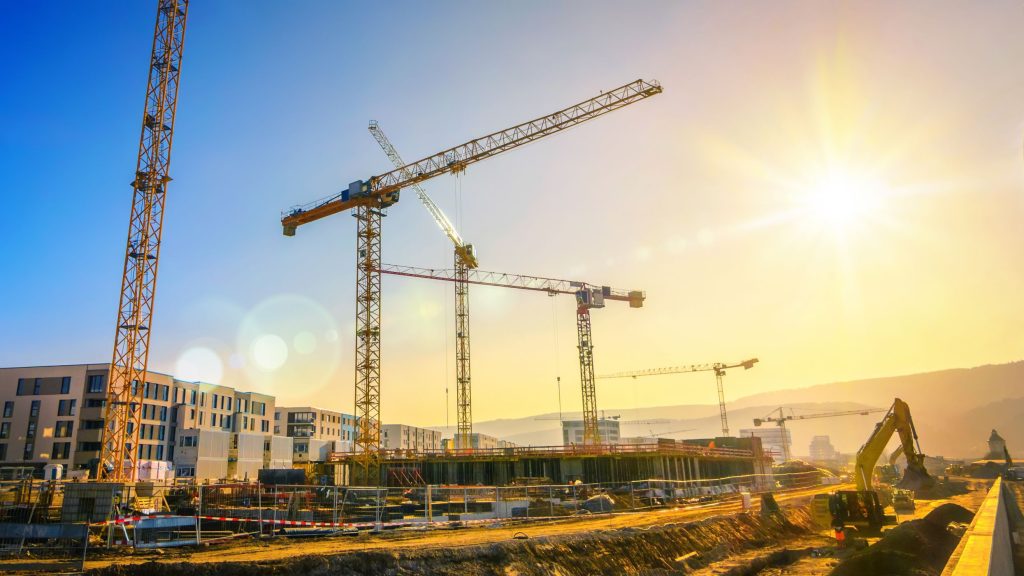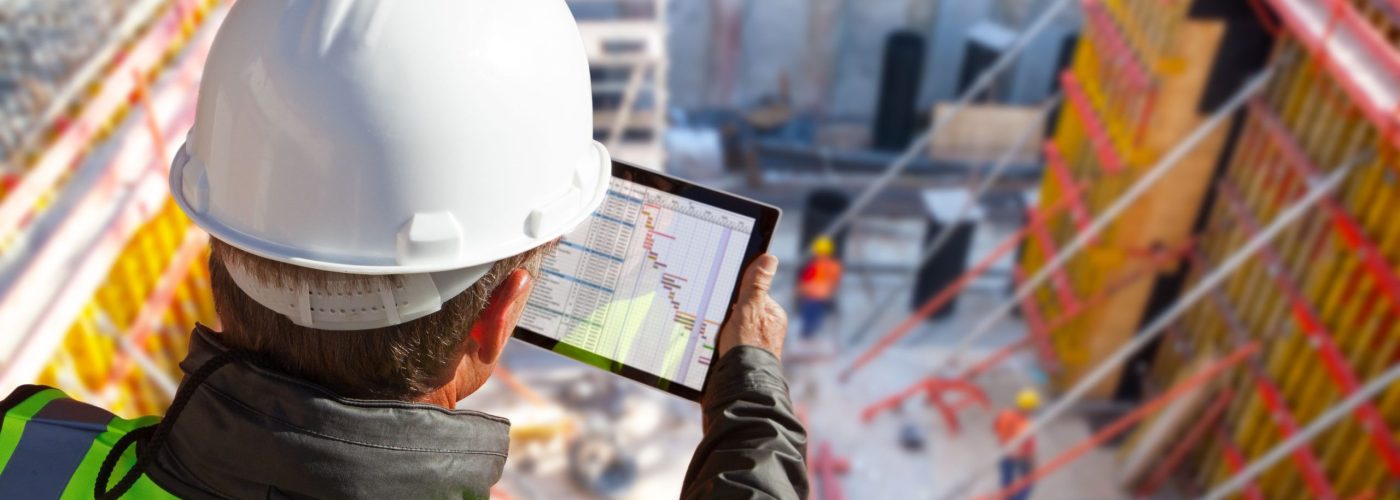Whether it’s viewing architectural plans or enabling Internet of Things (IoT) devices, access to a reliable, high-speed internet connection is increasingly becoming a priority on construction sites. But with scope and timescales often varying so much between projects, is there such thing as a one-size-fits-all for internet connectivity? Here, Kristian Torode, director and co-founder of business IT provider Crystaline, investigates.
Construction workers are increasingly finding themselves in need of a faster, more reliable internet connection. Whether it’s accessing architectural plans or 3D CAD diagrams, the ability to share, edit and download large files is becoming more and more essential to the daily operation of sites. This need is exacerbated further in larger developments, where multiple teams across the site need to be able to communicate with one another.
Internet access can also facilitate the implementation of IoT technologies, such as Building Information Modeling (BIM). BIM uses a host of cameras and sensors on-site to create a digital model of the project as construction work goes on, allowing for architects and engineers to validate the structure’s integrity throughout. As a result, minor errors or faults can be spotted much more quickly, preventing long project delays. Security is another area that can benefit, with remote CCTV monitoring and the ability to set up more sophisticated locking systems at gates and barriers.
Using personal devices
But how can construction sites get online? The first, and perhaps easiest option, is to rely on workers to use their own personal devices to access the internet. And for quick access to one or two individual files, such an approach might be sufficient.
But problems can quickly arise as soon as there’s a need to do more. Workers may not have sufficient data plans to access everything they need, for example. This can be alleviated in part by using devices to ‘tether’ to one another and sharing data that way, but it often results in slow speeds for the user and is unlikely to be able to support more than one or two devices at a time. And for businesses who are paying for company plans, it might be that the cost of multiple unlimited data plans quickly starts to add up.
Fixed broadband
So, what about installing a broadband line? For long-term projects lasting several years, in areas already with access to ultrafast broadband, this might be the most appropriate solution.
But often, projects must work on a shorter timeframe. With most broadband contracts locking customers in for 12 or 24-month periods, it often isn’t financially viable for workers who may only be on-site for half that time, for example. And with the time it takes to lay a new fixed line varying from weeks to months, particularly in remote areas or those with more challenging terrain, it could result in a significant and crucial part of the project not having the connectivity required.
With the PSTN stop sell having already taken place, setting up new connections on these old lines will no longer be possible, presenting an additional challenge to construction companies looking to get their sites online.
Rolling out 5G routers
Rather than relying on personal device usage or long-term broadband plans, a 5G router could provide the ideal solution. 5G routers provide connectivity via mobile network connections rather than on fixed broadband lines, meaning they can be plugged in anywhere to provide connectivity within minutes.
With 5G up to ten times faster than 4G, and just a fraction of the latency, a 5G router offers enough speed and bandwidth for multiple workers to access any file they might need or hold video meetings with other colleagues. Crystaline offers TCL’s LinkHub 5G HH515 router which can support up to 256 connections alone. Capable of delivering speeds up to 4.67 Gpbs, it’s on par with most fibre connections, without the long setup.
Other benefits include the ease of setting up ‘Guest Wi-Fi’, which can help improve cybersecurity by separating visitor connections from employees. Many routers, including the LinkHub, will also come with an app for additional functionalities, allowing for any changes and upgrades to be carried out remotely.
With the size and scale of construction sites varying so much between projects, finding the right solution to fit can be a challenge. But with the flexibility of a router, combined with the UK’s ongoing 5G rollout, it could be the answer to providing businesses with high-speed, reliable internet, wherever the job next takes you.
Crystaline supplies a range of 5G routers to suit a variety of construction site specifications. To discuss your individual needs with a member of the team, please get in touch.

Building, Design & Construction Magazine | The Choice of Industry Professionals





